Moldova’s autonomous Gaugazia region reiterates hope of forging closer ties with Moscow.
Dozens of priests have reportedly switched allegiance from Moldova’s Moscow-linked Orthodox Church to the Orthodox Church of Romania in the belief that Moldova’s future ultimately lies with the West.
“This phenomenon foreshadows a thaw in the church,” Vasile Banescu, a spokesman for Romania’s Orthodox Church, said in an April 25 radio interview.
“Priests understand that ... Moldova’s future is with Europe, with Romania,” he added.
Moldova and Romania are both former Soviet socialist republics.
But unlike Moldova, Romania has both feet firmly planted in the Western camp.
In 2004, Romania became a member of the transatlantic NATO alliance. Three years later, it joined the European Union (EU).
Moldova, by contrast, which sits precariously between Romania and Ukraine, is not a member of either organization.
Last year, Moldova (alongside Ukraine) was granted EU candidate status, putting it on track to join the European bloc before the end of the decade.
Maia Sandu, Moldova’s fiercely pro-Western president, has called for a nationwide referendum on EU membership to be held later this year.
Meanwhile, Moldova’s Orthodox Christians—roughly 90 percent of the population—are torn between two rival churches with differing political outlooks: the Moldova Metropolis and the Metropolis of Bessarabia.
Both are based in Chisinau, Moldova’s capital, and both claim to embrace the tenets of Orthodox Christianity.
However, while the former is subordinate to the Russian Orthodox Church, the latter answers to the Orthodox Church of Romania based in Bucharest.
Late last year, the Moldova Metropolis chose to retain its longstanding link with the Moscow Patriarchate, the historical seat of the Russian Orthodox Church.
“The clergy and people remain faithful to the [Moscow-linked] Orthodox Church of Moldova,” a church spokesman said at the time.
“There will be no discussion of linking the Moldovan Orthodox Church to the Romanian Patriarchate,” he added.
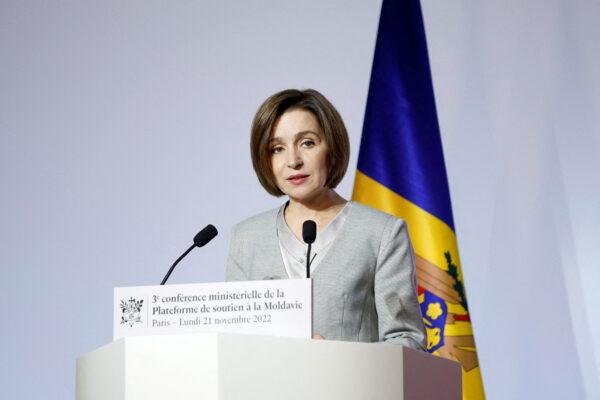 Moldovan President Maia Sandu at the third ministerial conference of the Moldova Support Platform in Paris, on Nov. 21, 2022. (YOAN VALAT/Pool via Reuters)
Moldovan President Maia Sandu at the third ministerial conference of the Moldova Support Platform in Paris, on Nov. 21, 2022. (YOAN VALAT/Pool via Reuters)Political Orthodoxy
Since then, dozens of Orthodox priests have reportedly switched allegiance from the Moldovan church to its Romanian counterpart.
The main reason for the defections appears to pertain to Russia and its ongoing invasion of eastern Ukraine, now in its third year.
In broadcast remarks last year, Ms. Sandu said that Moldova’s Orthodox Christian community “wants peace and wants the borders of all countries to be respected.”
In an oblique reference to the conflict in Ukraine, she added: “The church cannot stay on the sidelines and pretend it does not see what is happening.”
Under Ms. Sandu, Moldova has condemned Russia’s invasion, halted Russian natural gas imports, and accused Moscow of meddling in its domestic affairs.
Romania’s Orthodox Church openly supports Moldova’s ambition, championed by Ms. Sandu, to join the EU by 2030.
The Russian Orthodox Church, by contrast, typically casts the West—and its leading institutions—as decadent and corrupt.
Under Bishop Kirill, Moscow’s Orthodox patriarch, the church has remained a staunch supporter of Russia’s ongoing invasion of Ukraine.
Mr. Banescu, the Romanian Church spokesman, said his church would continue to welcome Moldovan priests seeking to distance themselves from Moscow.
“The trend of departures from the Moldova Metropolis ... will continue to spread,” he asserted.
In response, the Moscow-linked Moldova Metropolis urged defecting priests to “consider their mistakes, repent deeply, and return to the bosom of the church.”
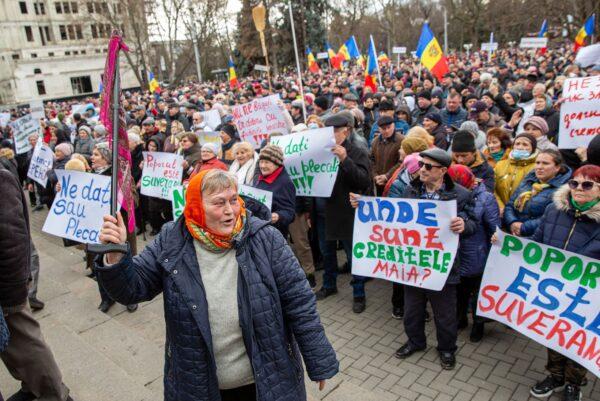 People take part in a protest against the Moldovan government and their pro-EU president in Chisinau, on Feb. 19, 2023. (Elena Covalenco/AFP via Getty Images)
People take part in a protest against the Moldovan government and their pro-EU president in Chisinau, on Feb. 19, 2023. (Elena Covalenco/AFP via Getty Images)Autonomous Region Looks Eastward
While the Chisinau government remains intent on joining the EU, other Moldovan political figures are considerably less enthusiastic.
“Joining the EU implies a renunciation of state interests, sovereignty, and independence,” Yevgenia Gutsul, the head of Moldova’s Gagauz autonomous republic, said this week.
Unlike the rest of Moldova, Gagauzia is inhabited mainly by ethnic Turks who adhere to the Russian Orthodox Church.
Located near the Black Sea, the region and its people—known as Gagauz Turks—maintain longstanding cultural and religious ties with Russia.
Last year, Ms. Gutsul was elected leader, or bashkan, of the Gagauz republic, much to the dismay of Chisinau.
Along with opposing Moldova’s EU membership, she and her pro-Russian Sor Party (pronounced “Shor”) favor closer relations with Moscow.
Last month, Ms. Gutsul visited Russia, where she met with Russian President Vladimir Putin.
During the visit, she reportedly told Mr. Putin that pro-Western figures in Chisinau were actively seeking to deprive Gaugazia of its constitutional rights.
After the meeting, she told reporters that Mr. Putin had promised to “extend support to the Gagauz people in upholding their rights, authority, and international position.”
Speaking this week, Ms. Gutsul criticized the EU on a range of issues, saying Moldova would be better served by joining the Eurasian Economic Union (EAEU).
Established by Moscow in 2014, the EAEU is an economic union of five ex-Soviet Eurasian states.
In addition to Russia, the bloc’s current members include Armenia, Belarus, Kazakhstan, and Kyrgyzstan.
“We see our future in the EAEU, where relations are built on mutual respect, not on the dictates of a foreign bureaucracy,” Ms. Gutsul said in remarks cited by Russia’s TASS news agency.
Reuters contributed to this report.


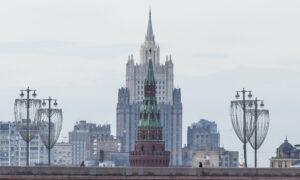



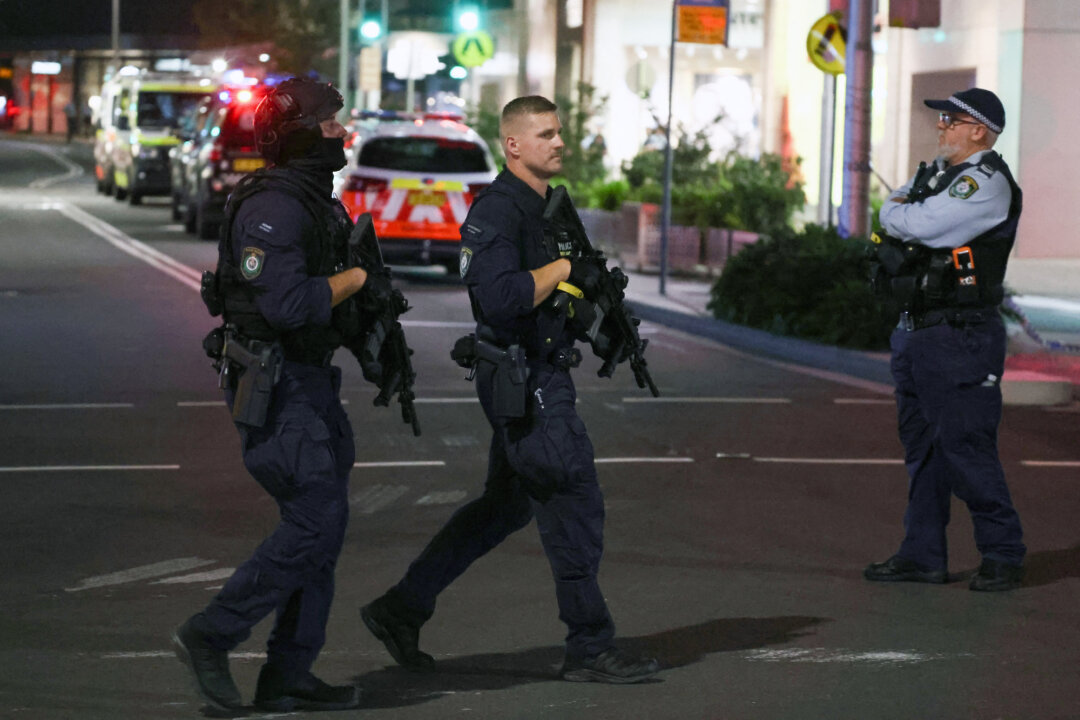




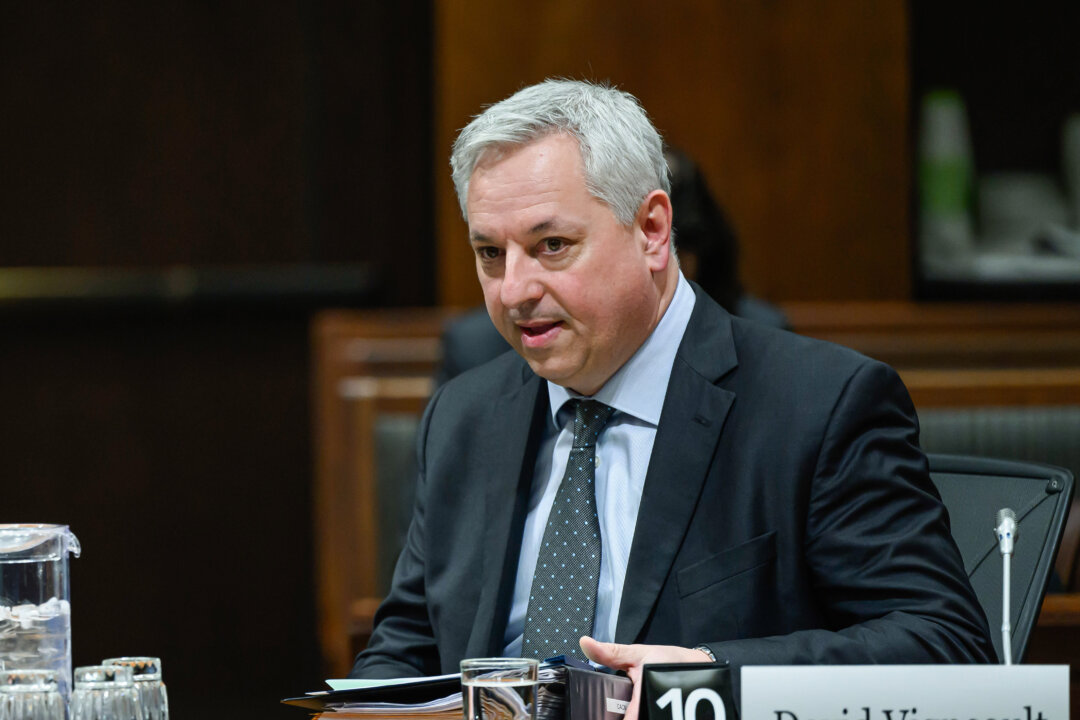


 English (US) ·
English (US) ·  Turkish (TR) ·
Turkish (TR) ·